Three in five people affected by dementia struggled with too little support over last year
As one in five family carers report that they had to admit their loved one with dementia to A&E due to lack of support, Alzheimer’s Society calls for dementia support workers in every area.
I felt desperate, utterly shattered and alone.
Alzheimer’s Society says support following a dementia diagnosis is ‘unequal, inconsistent and inadequate’, with one in five carers saying lack of support meant their loved ones ended up in A&E1.
A new report by the charity, Left to Cope Alone: The unmet support needs after a dementia diagnosis2, which launched today (Wednesday 29 June 2022) at the Local Government Association Annual Conference, revealed three in five (61%) of people affected by dementia did not feel they had received enough support in the last 12 months3.
A second survey of another 1,000 people affected by dementia, also showed that more than half (54%) of family carers reached crisis point in the last year alone1 with families having no idea of the support available. This left people with dementia at risk of going to hospital with avoidable conditions like falls or urinary tract infections, creating unnecessary pressure on the NHS.
A need for more dementia support workers in the UK
Now, the charity is calling for primary care networks to use the government’s funding for support roles in primary care to provide at least one dementia support worker in every area. These are specialists in the community who provide the missing link between families and support after a diagnosis.
Previous research has suggested that just 38% of people with dementia report they are receiving dementia health and care services, highlighting that the help people need isn’t matching the help they’re getting2.
Kate Lee, Alzheimer’s Society CEO, said:
'No family affected by dementia should face it alone. Post diagnostic dementia support is unequal, inadequate and inconsistent, leaving families without the necessary care they need to get through some of the hardest and most frightening times of their lives.
'People tell us that a lack of dedicated support means they are relying on the internet to find out about their condition, or that the wellbeing of their loved one with dementia depends on how well they’re ‘doing their homework’ to find support.'
Family carers are at breaking point trying to make sure their loved ones are safe, cared for, while trying to maintain some quality of life.
'People need the right support from the moment of diagnosis. Having a dedicated dementia support worker in every area would plug the gaps we’re seeing in primary care, give people the one point of contact to help them navigate the health and social care system and ease pressure on health services.
'Dementia support workers provide a crucial link between the 900,000 people living with dementia and post diagnostic support, and they are incredibly cost effective – every £1 spent results in £4 worth of benefits4.'
Specialist support
Dementia is a complex condition and support needs are often more specialist than those provided by primary care. They include help with daily tasks, fall prevention, going to community groups and talking therapy to improve wellbeing and prevent mental health crises.
Alzheimer’s Society claim that this type of support could be arranged through close relationships with dementia support workers – solving the problem previous research found that a third of people with dementia felt they had a healthcare professional they could call on for support at any time2.
The COVID-19 pandemic further impacted access to support and caused many people’s dementia to deteriorate faster than expected. In a survey of over 1,000 people affected by dementia. Over eight in ten (84%) reported a decline in the health and wellbeing of their loved one over the past year, and over one in four (27%) to an unmanageable level5 – with carers telling Alzheimer’s Society that not being able to access support during the pandemic led to the person with dementia moving into a care home sooner2.
Alzheimer’s Society’s report further confirmed that four in ten people affected by dementia did not feel confident managing their or their loved one’s condition and a quarter were also unsure when they last had an annual review of their dementia care6.
Over half (52%) of those who did have an annual review said it did not help them manage their condition; without an annual review, medication, symptoms and non-medical needs may not be kept in check and people are more likely to end up in crisis.
Julie Hayden, 59, from Halifax, who was diagnosed with young onset dementia at 54, said:
'My diagnosis was a relief because I finally knew what I was dealing with, but upsetting because after being given this life-changing diagnosis, I was left to just get on with it. All I was given was medication and absolutely nothing else, no information, no leaflets, nothing.
I lived on my own, with no family support, but there was no assessment or follow-up of my needs to see whether I could cope with my diagnosis or get a referral for further dementia support.

Julie worked as a nurse and social worker before her diagnosis, so knows the system inside-out
'Because no support’s been offered or any of my needs recognised, I’ve had to create my own peer support group - this is the only way I’m able to speak with others dealing with young onset dementia.'
Family carers also regularly reach breaking point, stressed and unable to cope with the demands of caring. Over two-thirds (68%) of people affected by dementia reported a lack of carer support, either for themselves or those who care for them3, and an audit of memory services2 found that a quarter of services did not offer carer support such as psychoeducation6, for people to learn how to deal with dementia.
Annette Chidgey, 59, Bournemouth, who with her mother, cared for her father David who lived with vascular dementia, said:
'Dad came out of the assessment with his diagnosis on a slip of paper and that was it, he wasn’t put under the care of a dementia service or had a named professional. That was the start of an awful experience.
'He was in and out of hospital, often due to falls that may have been avoided if there had been appropriate support available for him. Trying to get physical, emotional and financial support for my dad was so frustrating and challenging.'
There was very little dementia awareness or joined-up communication between health and adult social care services – it felt like we had to face everything alone.
'It was a relief when he got his diagnosis but I wish there could have been someone from the very start to support and guide us through and to ensure my dad had effective and sustained support to meet his changing needs as his dementia progressed.'
'At times my mum and I felt desperate, utterly shattered, physically and emotionally drained, and alone. Dad is no longer here – but we still feel frustrated and upset.'

Annette (back right) with her brother Simon (back left) and their parents David and Shirley in happier times
Support from Alzheimer's Society
Alzheimer’s Society employs 719 front-line staff across the country, including dementia advisers, who are dedicated support workers providing one-to-one help for people with dementia and their families.
The charity has outlined a number of recommendations in the report Left to Cope Alone: The unmet support needs after a dementia diagnosis, funded by the Peter Sowerby Foundation.
The main recommendation is that everyone diagnosed with dementia should have access to a dementia support worker, which is the first point of contact in every primary care network, with automatic referral from memory services.
Speak with a Dementia Adviser
Our Dementia Connect support line provides help and support for anyone seeking information or advice.
Call a Dementia Adviser on 0333 150 3456.
For non-English speakers
If you speak Welsh, call our Welsh-speaking support line on 03300 947 400.
For callers who do not have English as their language of choice, we can arrange a simultaneous language translation service. Please call our English-speaking support line on 0333 150 3456, say the English word for the language you would like to use, end the call and wait. An interpreter will usually call you back within five minutes.
For people with speech or hearing difficulties
If you have speech or hearing difficulties and have a textphone or an adapted computer, you can use Text Relay to call our English-speaking Dementia Connect support line on 18001 0300 222 1122.


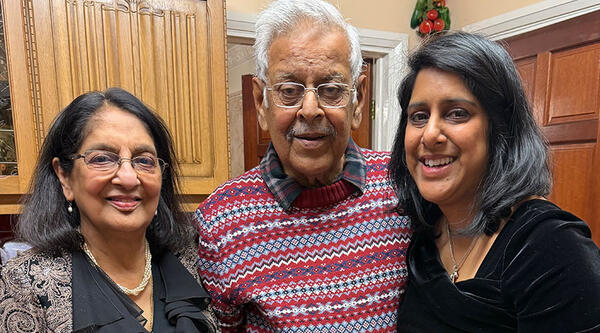
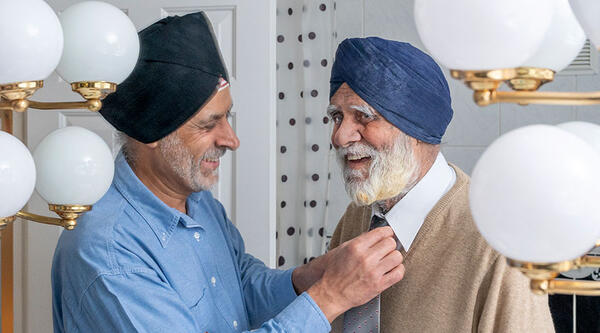
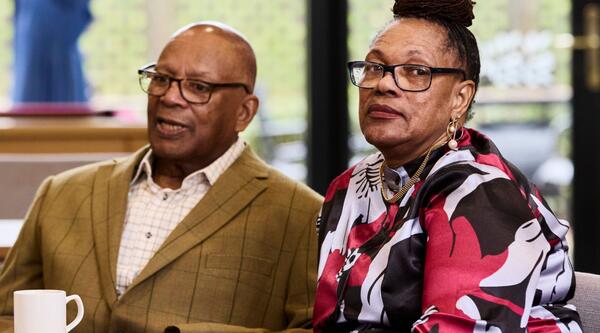

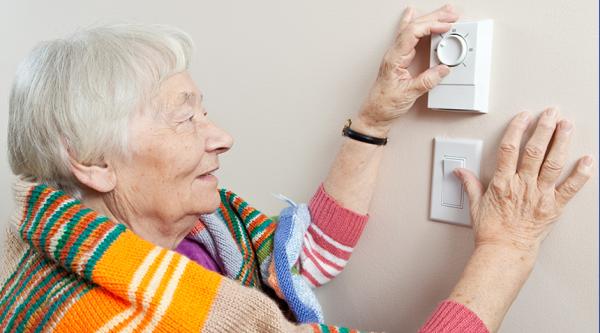

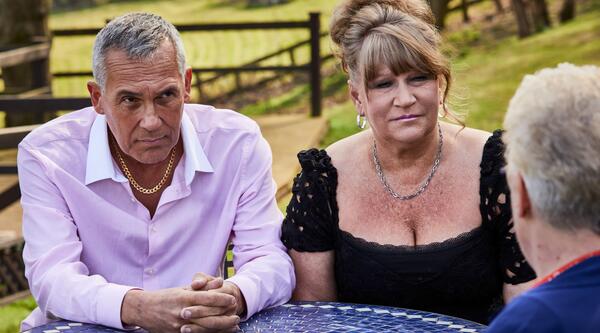
Survey conducted by Alzheimer’s Society using agency Yonder and going out mid-April. The survey was answered by 1,041 people affected by dementia (carers and loved ones). Questions relate to a time period of the start of March 2021 to present. The question ‘Thinking over the last year (March 2021), have you experienced any lack of care over the last year that meant you have reached crisis point?’ was answered by a subgroup of 766 people who care for a loved one in a domestic or sheltered home. 54% of carers reported reaching a crisis point over the last year due to lack of care, and 22% reported that their loved one had to be admitted to A&E with a crisis in their healthcare.
Left to Cope Alone: The unmet support needs after a dementia diagnosis. Report published by Alzheimer’s Society in 2022. Four-page brief and full report available. Other recommendations include a review of annual dementia care plans to check they’re providing the support people need, an assessment of social prescribing for people with dementia, and a review of urgent community response services to check they have the skills to support people with dementia. A further set of recommendations aim to improve the post-diagnostic dementia experience for South Asians, such as a community link worker who speaks the person’s first language to help them and their family navigate the health system.
As research for Alzheimer’s Society’s report on postdiagnosis support, between 14 December 2021 and 19 April 2022, we ran an online survey of people affected by dementia, which received 914 responses. 66 (7.2%) had a diagnosis of dementia, 711 (78%) were a family member and/or carer of someone with dementia, and 134 (14.71%) had another connection e.g. a former carer.
Data from Dementia Advisers: A cost-effective approach to delivering integrated dementia care. Report published by Alzheimer’s Society in 2016.
Same survey as in (1). The question ‘How has the health and wellbeing of your loved one fared over the last year?’ was answered by 1,041 people. 84% reported a decline in the health and wellbeing of their loved one living with dementia. Of those with a loved one with dementia in their own home, one in four (27%) reported decline to an unmanageable level.
Psychoeducation is a therapeutic intervention providing information and support to better understand and cope with serious illnesses like dementia.